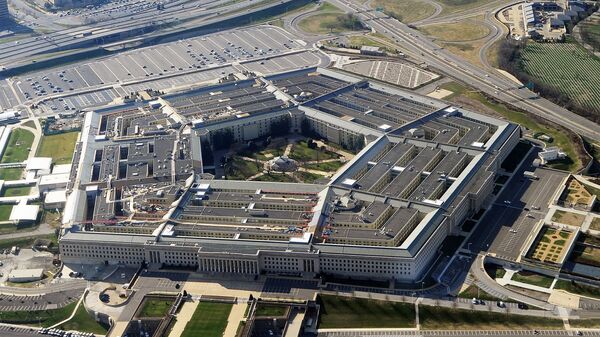"I have rapists, pedophiles and people involved in child porn – I have all these things at the interim clearance level and I’m pulling their clearances on a weekly basis," a senior Pentagon official said Wednesday.
With more than 700,000 individuals seeking security clearances to work in the federal government or as private contractors, the National Background Investigations Bureau (NBIB) started getting behind and decided to dish out interim clearances while the full reviews were pushed back.
While temporary credentials are far from ideal, "if we don’t do interim clearances, nothing gets done," Defense Security Service Director Dan Payne said during a speech Wednesday at the Walter E. Washington Convention Center in Washington.
The interim clearances are risky, though, even if they’re needed. "We are giving those people access to classified information with only the minimum amount of investigation," he complained, noting that the process’ vulnerability highlighted the underlying problem behind the backlog of clearance cases: the timelines simply take too long.
Obtaining confidential clearance can take four to six months, while higher levels of clearance such as secret and top-secret can take 12 months or longer.
The Obama administration created NBIB following a major IT security breach at the Office of Personnel Management (OPM) in which millions of government employees’ names, birthdays, addresses and even security clearance designations became visible to hackers. Following the intrusion, the administration tasked DoD with running clearance investigations instead of OPM.
In the ironies of all ironies, the National Background Investigation Bureau runs pretty paltry investigations on their interim hires. “On a weekly basis, I have murderers who have access to classified information,” Payne told the audience.
The Pentagon has granted approximately 100,000 individuals interim clearance credentials around the US, Payne said.
A career counterintelligence officer at the CIA, Payne clarified that Pentagon employees and private defense contractors may be granted interim clearance but employees for the nation’s intelligence services are not eligible for the temporary credential.




